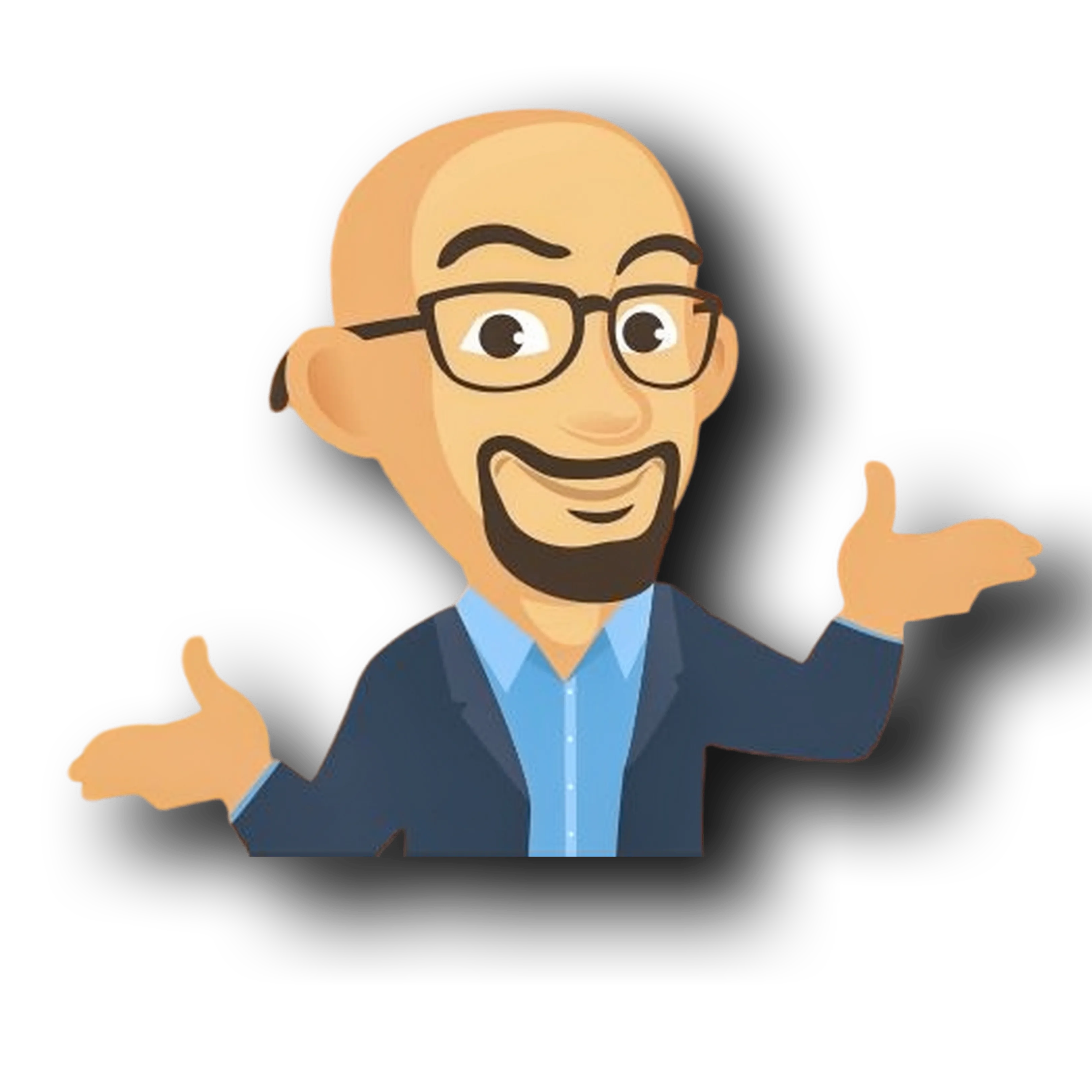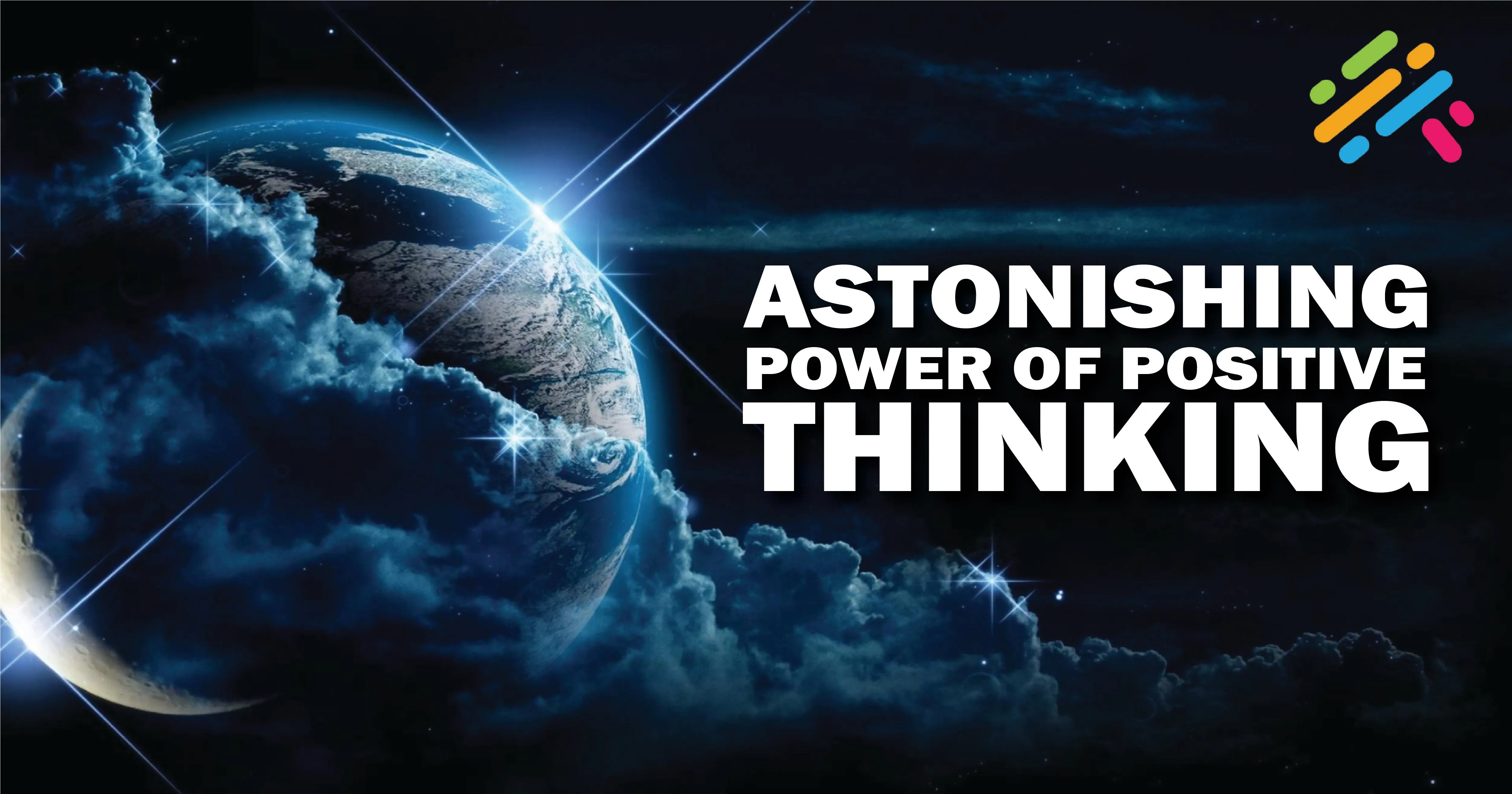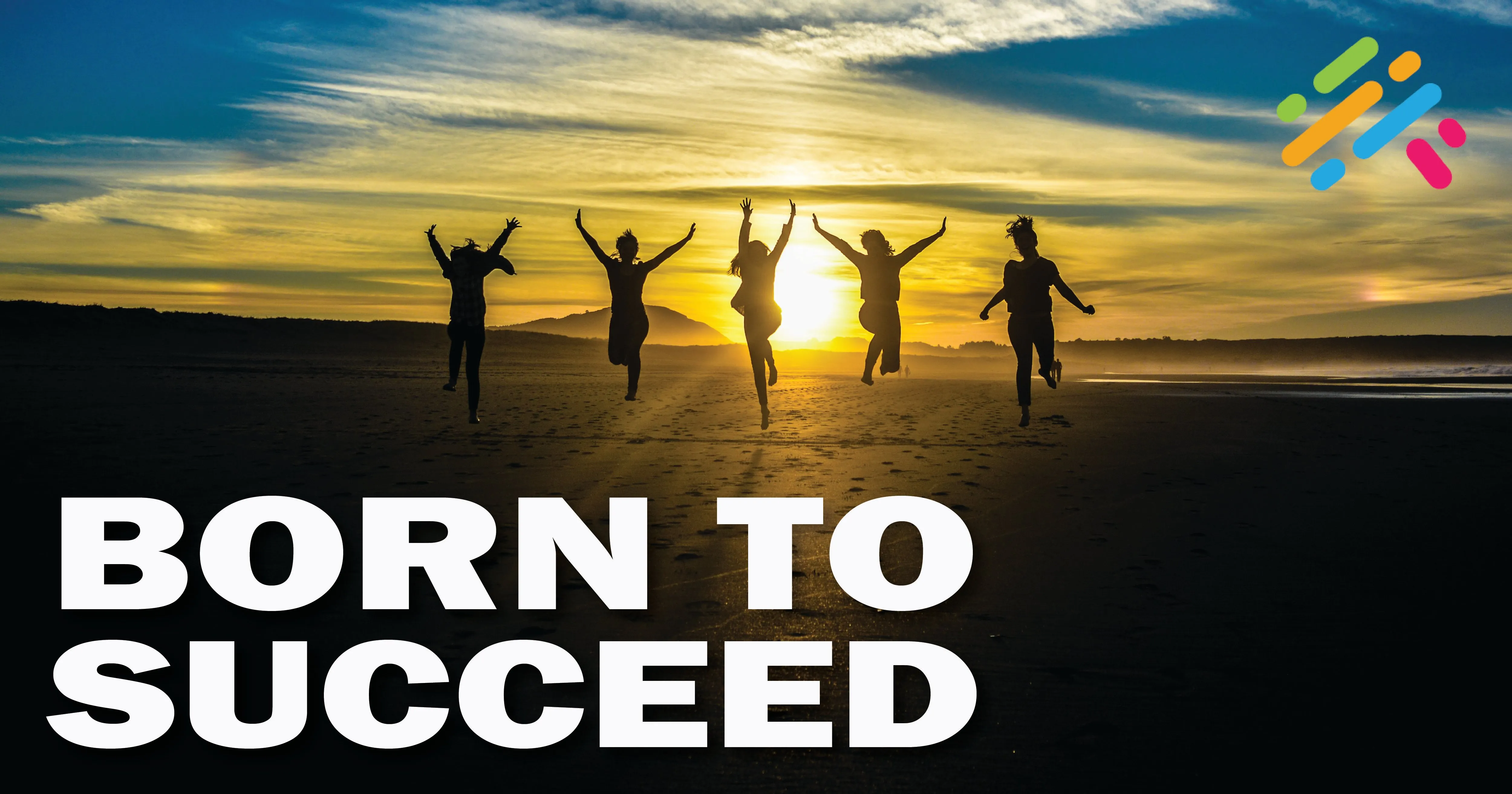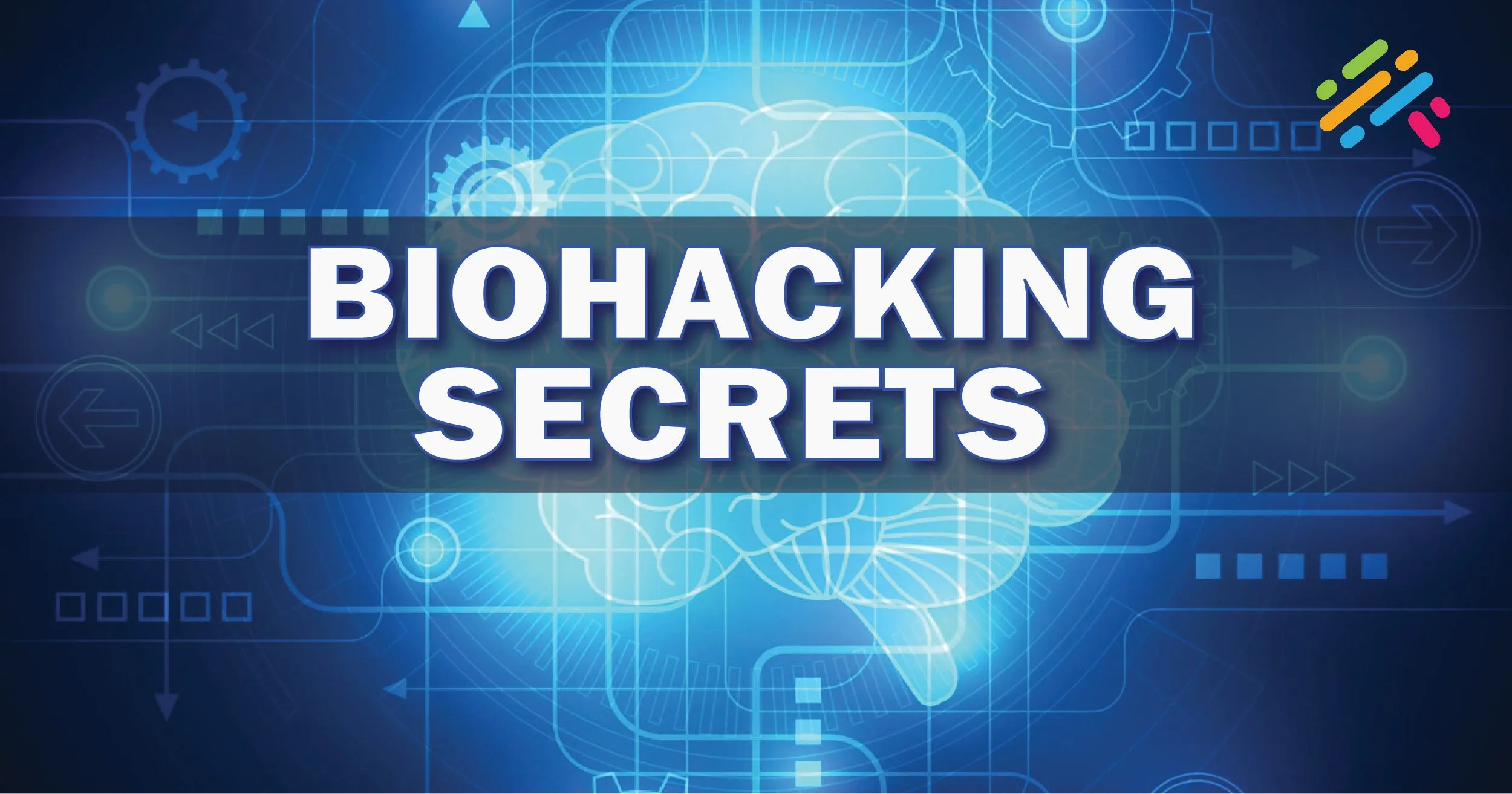Beat Information Overload: Strategies for a Clutter-Free Mind
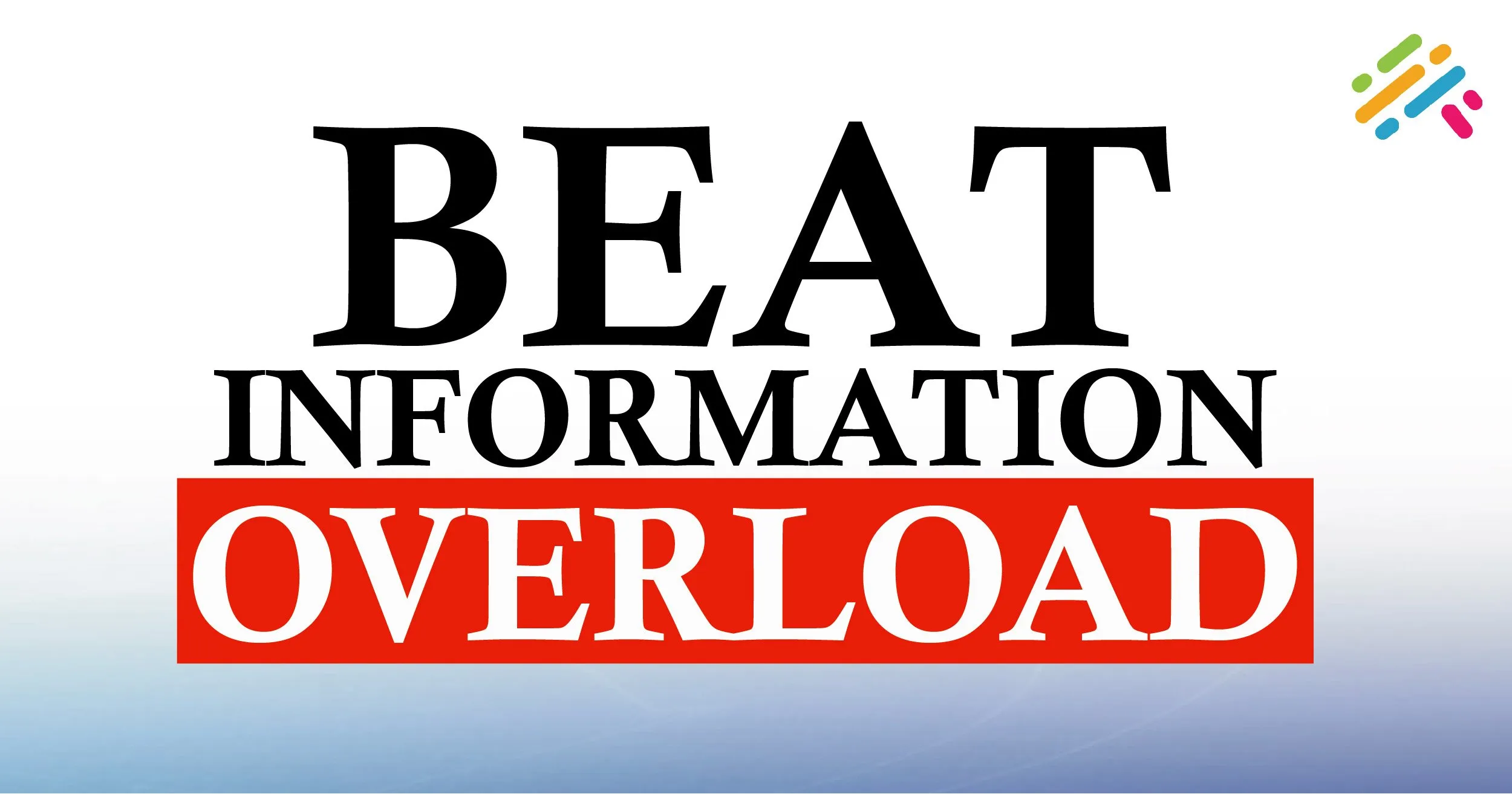
Pause for a minute and ask yourself: am I living my life, or am I just hopping from one task to another, constantly anxious and forever swamped? Is this stress-laden lifestyle really worth it? A straightforward answer to these questions will likely raise doubt and uncertainty, making you question the pace and purpose of your everyday lifestyle.
Take a moment to think: Am I living my life, or am I constantly stressed out and moving from job to job? "Is this hard life really that important?" You might worry if you do not get a clear answer to these questions. After reading this, you might ask yourself why and how fast you live your life.
In our current digital era, information is vast, fast and unending, making it nearly impossible to evade the insidious phenomenon of information overload. It has crept into our daily lives, cluttering our minds with ceaseless notifications, unending to-do lists, and round-the-clock news updates. It leaves us feeling overwhelmed and anxious, unable to process the deluge of data while plummeting into a pit of stress-induced burnout.
In this blog, we will dive into some transformative advice and practices on how to beat information overload. We'll delve into organizing your social life to lead a balanced life and counter the overwhelming information stampede. We'll share insights on organizing your time efficiently, recognizing your limits, and creating recovery periods. You'll also learn how to time your tasks with your natural energy ebb and flow.
Say NO to the normal, question the given, and let's explore how we can beat information overload and embark on a journey towards healthier, optimal living. Discover your untapped strength and embrace a life of less stress, more joy, and a grand sense of accomplishment.
Steps on How to Beat Information Overload?
In today's digital age, where information is abundant and constantly at our fingertips, it's easy to become overwhelmed, leading to decision fatigue, stress, and decreased productivity and overall well-being. Beating information overload requires strategic measures to manage the influx of information effectively. Here's a comprehensive approach to help you navigate and overcome the challenges of information overload:
Prioritize Information
Identify what's important: Determine which information is relevant to your goals, tasks, and personal growth. Not all information deserves your attention.
Set priorities: Once you've identified what's important, prioritize it based on urgency and relevance to your objectives.
Limit Information Sources
Curate your feeds: Be selective about your information sources, including social media, news outlets, and professional readings. Choose quality over quantity.
Unsubscribe and unfollow: Reduce clutter in your digital life by unsubscribing from newsletters and unfollowing accounts that don't add value to your daily life.
Implement Digital Hygiene
Designate tech-free times: Establish periods during the day or specific days of the week when you disconnect from digital devices.
Use technology mindfully: Be intentional with your use of technology. Ask yourself whether your technology use at any given moment is purposeful.
Develop Efficient Information Management Habits
Use tools and apps: Leverage technology to your advantage by using apps and tools designed to organize information, such as note-taking apps, bookmarking tools, and content management systems.
Batch process information: Set aside short times of the day for checking emails, social media, and news rather than constantly reacting to notifications.
Practice Selective Focus
Focus on one task at a time: doing many tasks simultaneously can lead to shallow information processing. Focus on one task to improve comprehension and retention.
Learn to skim: Not all information needs to be read in-depth. Develop the skill to skim through content to quickly identify key points and relevancy.
Take Regular Breaks
Embrace downtime: Regular breaks away from screens and information sources can help your mind reset and reduce stress.
Engage in non-digital activities: Activities like reading a literature book, spending time in nature, or engaging in hobbies can provide a refreshing break from the digital world.
Reflect and Reassess
Evaluate your information diet regularly: Periodically assess whether the information you're consuming is serving your needs and adjust accordingly.
Be aware of emotional responses: Consider how certain types of information make you feel. If they consistently cause stress or anxiety, it might be time to cut back.
Educate Yourself on Information Literacy
Critical thinking: Develop the skill to critically evaluate the credibility and relevance of information.
Information ethics: Be mindful of the ethical considerations in sharing and using information.
Overcoming Information Overload: Strategies for a Clutter-Free Mind
We are bombarded with an unprecedented volume of information from various sources: social media, emails, news feeds, and instant messaging, to name a few. This constant barrage can lead to information overload, leading to decision fatigue, stress, and decreased productivity. However, we can beat information overload and reclaim our mental clarity by adopting strategic measures.
Below we will dive deeper into the difficult part of actionable strategies. To help you navigate the sea of information without drowning in it. The most challenging part of "How To" is given below. You need to take special care to practice these steps.
How to Prioritize and Organize?
1. Set Clear Priorities: Identify what information is truly important to you and your goals. Distinguish between what you need to know and what is merely interesting. This distinction will guide you in filtering the influx of information.
2. Organize Your Digital Environment: Just as you would organize your physical workspace, your digital space needs structure. Use folders, tags, and filters to manage emails and documents. Unsubscribe from newsletters or feeds that no longer serve your priorities.
How to Limit Your Inputs?
1. Curate Your Information Sources: Be selective about your sources of information. Choose quality over quantity. Following a few reliable sources is more beneficial than skimming through dozens of mediocre ones.
2. Schedule Information Consumption: Allocate specific times of the day for checking emails, social media, and news. Avoid the temptation to constantly browse for updates. This helps create a routine and prevents distractions during work or personal time.
How to Utilize Technology Wisely?
1. Use Tools and Apps: Numerous apps are designed to help manage information overload. Tools like RSS feed aggregators, email filters, and website blockers can automate filtering the information that reaches you.
2. Embrace Digital Minimalism: Digital minimalism encourages us to use technology more intentionally in ways that support our values. Regularly assess which digital tools and platforms contribute positively to your life and which do not.
How to Develop Healthy Habits?
1. Practice Mindfulness: Mindfulness and meditation can enhance your ability to focus and process information. Training your mind to be present can reduce the mental clutter that information overload often brings.
2. Take Breaks: Regular
breaks away from screens and information sources can help reset your mind. Perform activities that relax and rejuvenate you, such as walking, reading a book, or practicing a hobby.
How to Enhance Your Information Processing Skills?
1. Improve Your Reading Skills: Speed reading or skimming techniques can help you process written information more efficiently. Learning how to quickly identify key points and relevant details can save time and reduce overload.
2. Critical Thinking: Strengthen your critical thinking skills to quickly evaluate the relevance and reliability of information. This skill helps discard irrelevant data and focus on what's truly important.
What are the dangers of Information Overload?
Beating information overload is about taking control of your information consumption habits and creating a mindful approach to how you interact with digital spaces. You can navigate the digital age easily and efficiently by prioritizing, organizing, limiting inputs, utilizing technology wisely, developing healthy habits, and enhancing your information processing skills. Remember, the goal is not to consume less for the sake of it but to consume better—to ensure that the information you take in is valuable, relevant, and serves your personal and professional growth.
Beating information overload is not about avoiding information but managing it to serve you rather than overwhelm you. By adopting these strategies, you can navigate the vast sea of information more effectively, improving productivity, reducing stress, and enjoying a better quality of life.
Conclusion
In conclusion, as we navigate the tumultuous seas of the information age, our ability to resist drowning within the piling heaps of digital information lies within us. By mastering personal management techniques and incorporating efficient strategies in our day-to-day lives, we become the architects of our experiences and the guardians against the often deleterious impact of information overload. True power doesn't lie in escaping this tide of information but in deriving what's suitable and sagaciously discarding what's not.
By honing these techniques, which we've discussed, we can rhythmically align our tasks with our natural energy levels. We begin to understand that productivity isn't a sprint but a marathon where we pace ourselves wisely, taking necessary breaks to recover and rejuvenate. As our resilience grows, the tumultuous sea morphs into a tranquil, navigable, and serene river.
My invitation to you is to reclaim your power. Take the step and challenge the normal. By organizing your time wisely and mindfully, unclogging the flow of constant notifications, mastering the art of prioritization, recognizing your boundaries, and, most importantly, creating recovery periods within your hectic schedule, you can rise triumphant over the daunting waves of information overload. You set on a path of balance, less stress, more joy, and a profound sense of accomplishment.
And so, emerge from the shadow of overwhelming data streams, resist the temptation to immerse yourself in this chaotic whirlpool, and proactively choose the information that enriches your life. We're thrilled to guide you on this empowering journey to beat information overload.
Remember, it's not about escaping the information but learning to thrive within it, turning the overwhelming into the manageable, the anxiety into the productive, and the chaos into the calm.
So here's a question: Are you ready to transform your reality? Are you prepared to tame the torrents of the digital era and emerge not just as survivors but as conquerors of the modern age? Let's chart this new course together if your answer is 'YES.' Explore the upcoming posts and unleash a lifestyle that aligns with your aspirations, values, strengths, and, most importantly, peace. It's time for you to triumph over information overload and launch into an era of enhanced productivity and welcomeness. You have nothing to lose and a world of managed information, peace of mind, and successful living to gain. The power is in your hands. Let's beat information overload together.
Enroll in Gurukol, my online training courses that can help you reach your full potential and advance your career. There is a vast amount of unrealized potential waiting to be unlocked within you. So, give up fear and embark on a journey of self-discovery. Accept the possibility of living a remarkable life that beats to the beat of your genuine calling. You are meant to thrive, after all—you are not just here to survive. This is your journey, your time. Now, let's get started. Your actual calling is waiting to be discovered. Are you prepared?
